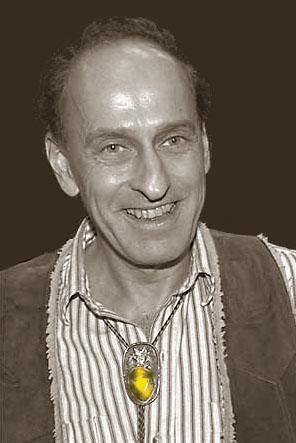Roger Zelazny (nonfiction): Difference between revisions
Jump to navigation
Jump to search
No edit summary |
|||
| Line 10: | Line 10: | ||
<gallery mode="traditional"> | <gallery mode="traditional"> | ||
File:The Adventures of Akbar artillery.jpg|link=Roger Zelazny|Figure in ''Three Artilleryman'' thought to be [[Roger Zelazny]] in disguise. | File:The Adventures of Akbar artillery.jpg|link=Roger Zelazny|Figure in ''Three Artilleryman'' thought to be [[Roger Zelazny]] in disguise. | ||
File:William_Blake_-_Sconfitta_-_Frontispiece_to_The_Song_of_Los.jpg|Writer | File:William_Blake_-_Sconfitta_-_Frontispiece_to_The_Song_of_Los.jpg|Writer-Sorceror [[Roger Zelazny]] (working with artist [[William Blake]]) conjures a [[Venn diagram]] against an unnamed [[Demon (nonfiction)|Demon]]. | ||
</gallery> | </gallery> | ||
Revision as of 15:32, 19 June 2016
Roger Joseph Zelazny (May 13, 1937 – June 14, 1995) was an American poet and writer of fantasy and science fiction short stories and novels.
He won the Nebula award three times (out of 14 nominations) and the Hugo award six times (also out of 14 nominations), including two Hugos for novels:
- The serialized novel ... And Call Me Conrad (1965; subsequently published under the title This Immortal, 1966)
- Lord of Light (1967)
In the News
Figure in Three Artilleryman thought to be Roger Zelazny in disguise.
Writer-Sorceror Roger Zelazny (working with artist William Blake) conjures a Venn diagram against an unnamed Demon.
Fiction cross-reference
Nonfiction cross-reference
External links:
- Roger Zelazny @ Wikipedia


